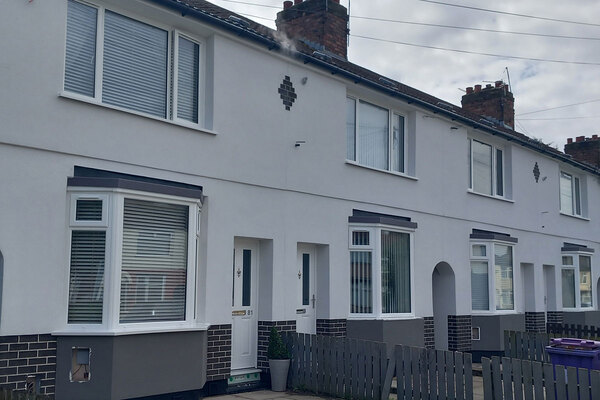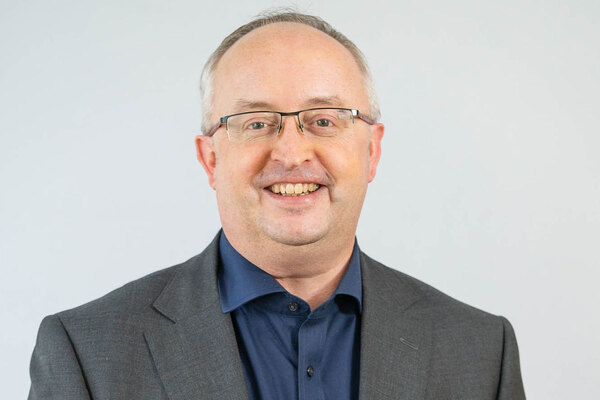Contractors win places on new £660 million retrofit and decarbonisation framework
A total of 126 specialist consultants and contractors have been appointed to a new public sector framework launched by LHC Procurement Group (LHCPG).
The Retrofit and Decarbonisation (N9) framework, which runs until the end of February 2028, provides public sector clients and social landlords with access to vetted local suppliers with the expertise to assess and retrofit social housing and public sector buildings.
Available through LHCPG’s five regional business units, the framework covers a range of retrofit services including consultancy, multi-disciplinary works, building insulation and performance, low-carbon heating systems, control and management systems, and electrical services including electric vehicle charging and solar photovoltaics.
The framework aims to address all aspects of a building’s energy efficiency, enabling the decarbonisation of existing housing stock and public buildings to meet future climate and carbon reduction goals.
It is the first new framework LHCPG has launched since its Gold Standard verification, and the first to implement its new social value strategy. LHCPG will monitor and report on the overall performance of the framework, working with appointed companies and clients to gather and assess the added value created across the areas of individual wellbeing, social mobility, and improving the planet and environment.
Clive Feeney, chief executive of LHCPG Group, said:
“The N9 framework will play a vital role in helping local authorities and housing associations work towards the UK’s newest and boldest targets on decarbonisation announced at COP29.
“As a country, we are now aiming for an 81% cut in emissions by 2035. This will demand a huge push on the low carbon retrofit of social homes, and a dramatic reduction in carbon emissions across 1.9 million non-domestic public buildings too.”
In recognition of the shortages of fully-qualified trades and retrofit professionals, the framework will signpost appointed companies to local retrofit skills academies, provide them with knowledge masterclasses and support them through best practice working groups. This is designed to ensure they can meet mandatory retrofit standards within two years of joining.
Feeney said:
“We are committed to supporting our appointed supply chain throughout the framework’s lifetime, providing guidance and opportunities.
“For example, to access many of the government funding streams, installers must be PAS 2030-certified and TrustMark-registered. Many of the companies appointed today already have this, but part of our process will also be to support new suppliers. They will have a two-year window to attain the relevant certifications, during which time we will offer extensive support and assistance to ensure they meet these critical standards.
“In this way, the N9 framework can support future funding waves, making it a key enabler for energy-efficient upgrades of those social homes with low EPC ratings of D-G. These upgrades will ensure homes are better insulated, more comfortable to live in and cheaper to run, contributing to both energy savings and improved living standards for residents.”
In addition to this fixed-term framework, LHCPG has launched a Dynamic Purchasing System (DPS) option for low-carbon retrofit servicing and maintenance works. Companies can apply to join the DPS throughout its lifetime rather than it being a fixed framework for the framework lifecycle, as with the N9 framework.



